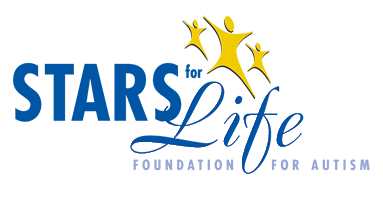Common comorbid conditions that often accompany ASD are:
- ADHD/ ADD (Attention Deficit Hyperactivity Disorder) – ADHD is a disorder that shares many communication and social skill symptoms with autism spectrum disorder. It is also a neuro-developmental disorder that is most commonly found in children, but can be diagnosed in adulthood as well.
- OCD (Obsessive Compulsive Disorder) – OCD on the other hand, has similar symptoms when it comes to the repetitive and ritualistic behavior that most ASD individuals experience. OCD is an anxiety disorder that causes people to have recurring thoughts, ideas, or sensations that put them in a repetitive state of doing something.
- Anxiety – Researchers suggest that at least a third of the ASD population have an anxiety disorder. It is important to seek treatment as it can greatly impact daily life.
- Depression – Depression can be very difficult to diagnose in people with ASD, as it can be challenging for individuals on the spectrum to express, or even recognize, that they have depression.
A Doctor may prescribe medication to help someone with ASD lessen their symptoms of:
- Irritability
- Aggression
- Repetitive Behavior
- Hyperactivity
- Attention problems
- Anxiety and depression
Studies show that individuals with autism spectrum disorder can have other medical issues such as intestinal disorders or chronic gastrointestinal inflammation. These disorders make it difficult for the body to absorb certain essential nutrients. Maintaining a healthy diet and exercise routine will help you think more clearly and have enough energy to sustain you throughout the day.
Some believe that individuals with ASD also have different immune responses to viruses, toxins or certain foods causing them to have different reactions. It has been shown that dietary change and alternative medicine can improve the body’s immune responses. Doctors and caregivers have reported positive changes in those with ASD after making these adjustments.
Other Types of Therapies Available:
There are many other forms of nontraditional supports that can aid with improving symptoms. However, only certain forms are available in Prince Edward Island. The following are according to Autism Canada and can be accessed in PEI.
Art Therapy is a good tool to help expand one’s imagination, communication, and socialization skills.
Therapeutic Riding for individuals with autism. This program is based on Horse Boy methods which were developed specifically to accommodate the needs of individuals with autism. We are not teaching individuals to ride (unless that is what they want) instead we use the horse as a tool to help individuals to improve communication, academics, perspective taking and many other skills.
Occupational Therapy teaches many skills to help increase the independence and quality of life for people with ASD. Some skills taught in occupational therapy include:
- Self-help and coping skills such as dressing, grooming, sleeping, and eating.
- Adaptive behavior by helping to reduce unwanted behaviors.
- Fine motor skills such as learning to hold a pen, tie shoelaces, fasten clothes while dressing, or use utensils during a meal.
- Physical exercise to improve endurance, muscle strength, stamina, or overall health.
- Socialization skills.
- Appropriate play skills and making friends.
- Sensory integration, and emotional arousal and regulation.
Music Therapy helps enable communication and expression – which are some of the core symptoms of ASD.
Neurofeedback, Audiometric testing, Sensory integration therapy, Water therapy, and Vision therapy are all additional forms of support but cannot be accessed in PEI.
For further information on available supports in PEI, please contact our office.
